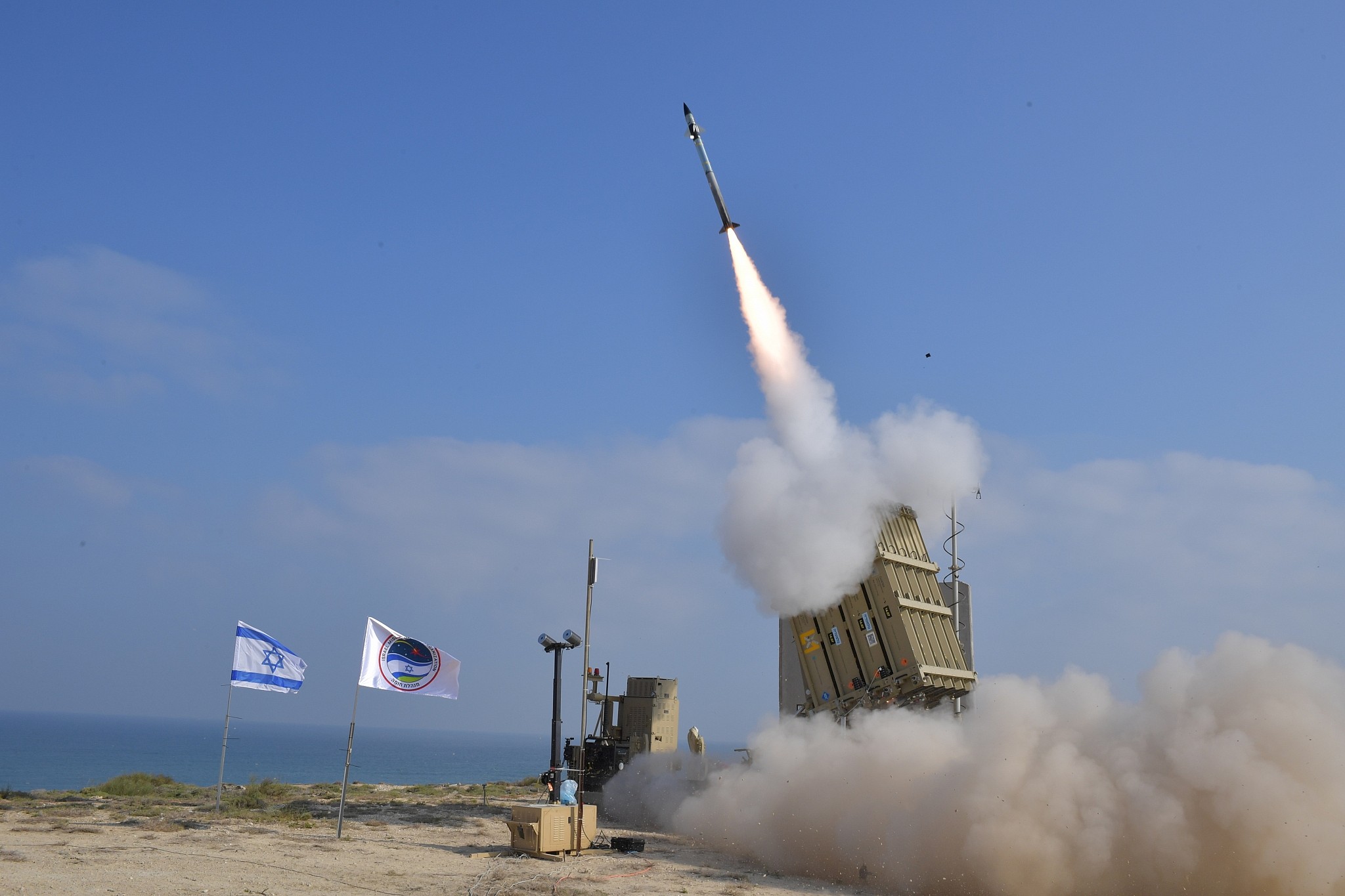
Will Iran’s threat to Israel from Iraq increase?
Israel has called Iran a “third circle” threat and its new multi-year Momentum plan calls for a dedicated headquarters and general to focus on this threat.

Israel has called Iran a “third circle” threat and its new multi-year Momentum plan calls for a dedicated headquarters and general to focus on this threat.
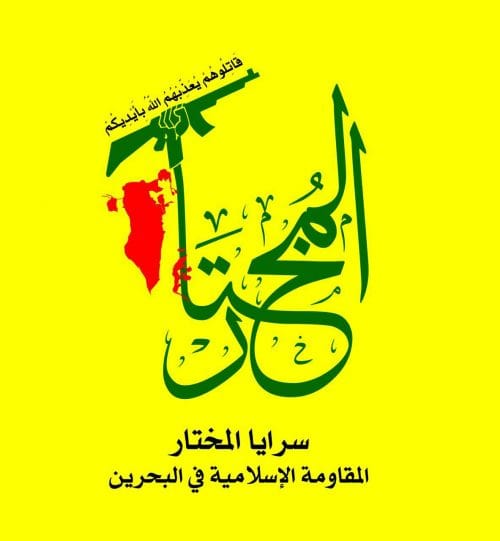
Saraya al Mokhtar is now the second Bahraini militia to be designated as terrorists for ties to Iran’s Islamic Revolutionary Guard Corps.
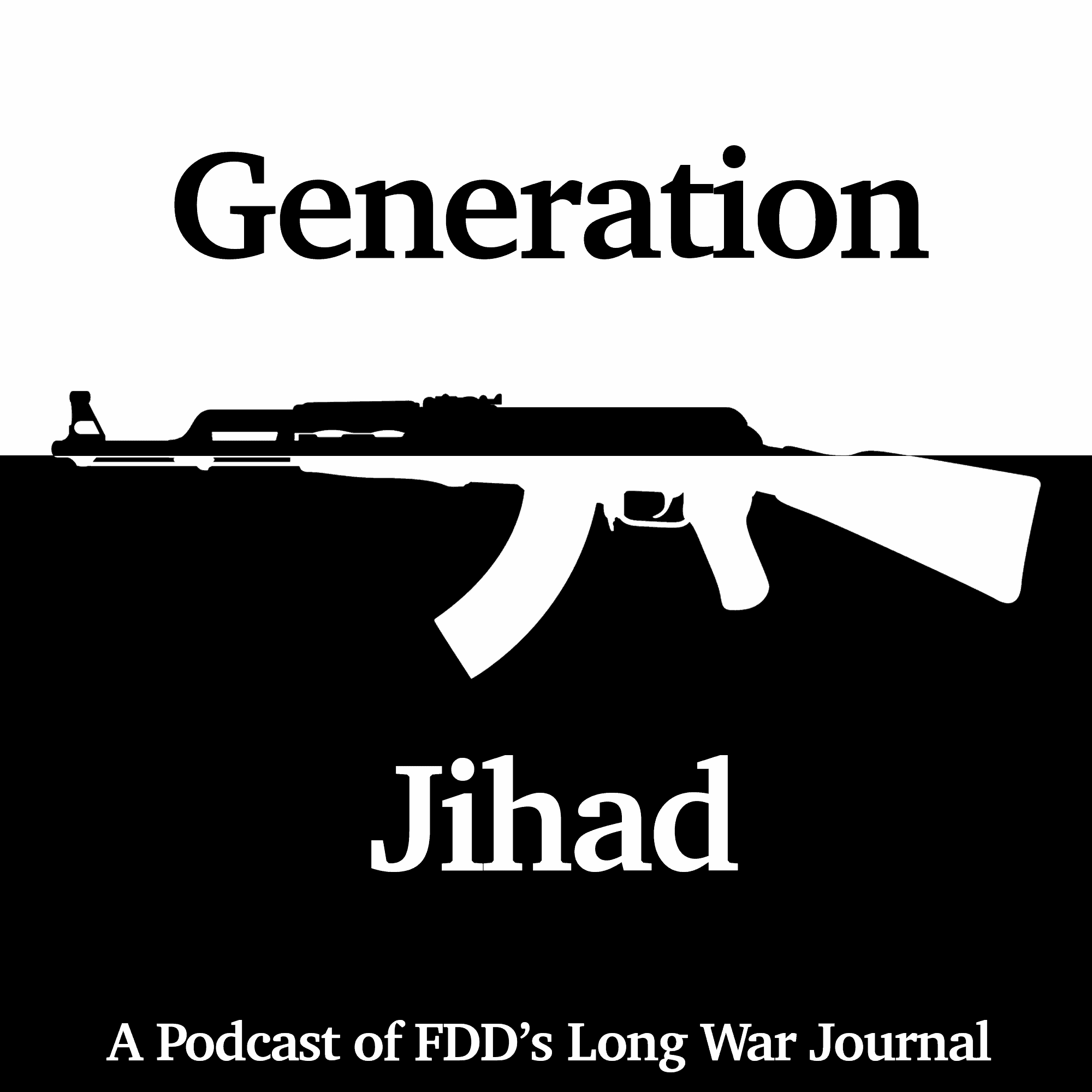
FDD senior fellow Behnam Ben Taleblu joins the podcast to discuss recent assassinations inside Iran and the state of the Iranian regime’s various proxy wars.

Despite the repeated targeting, killing, and capturing of Al Qaeda leaders and operatives, the Taliban maintains that the terror group does not operate in Afghanistan.
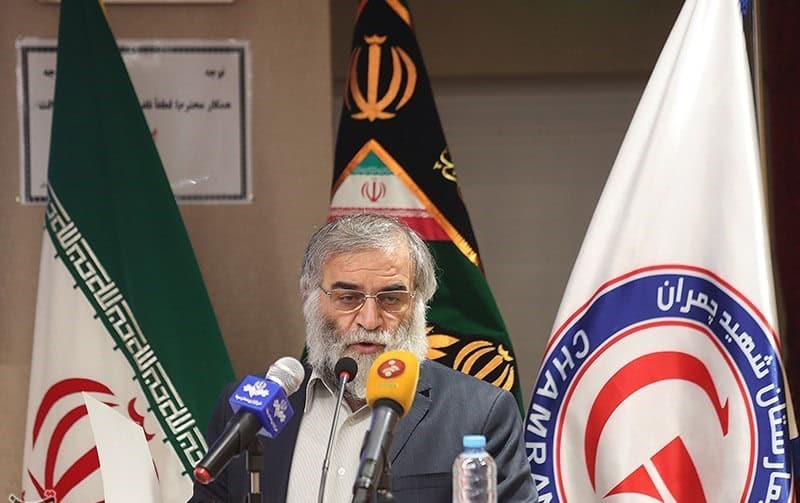
Analyzing the outpouring of commentary after Fakhrizadeh’s death from Iranian politicians, military personnel, and media outlets can help shed light on Tehran’s immediate political concerns, security imperatives, as well as prospects for retaliation and escalation.

Hosts Tom Joscelyn and Bill Roggio discuss the killing of al Qaeda’s deputy emir in Tehran. The operation was reportedly conducted by Israeli assassins at the behest of the U.S.
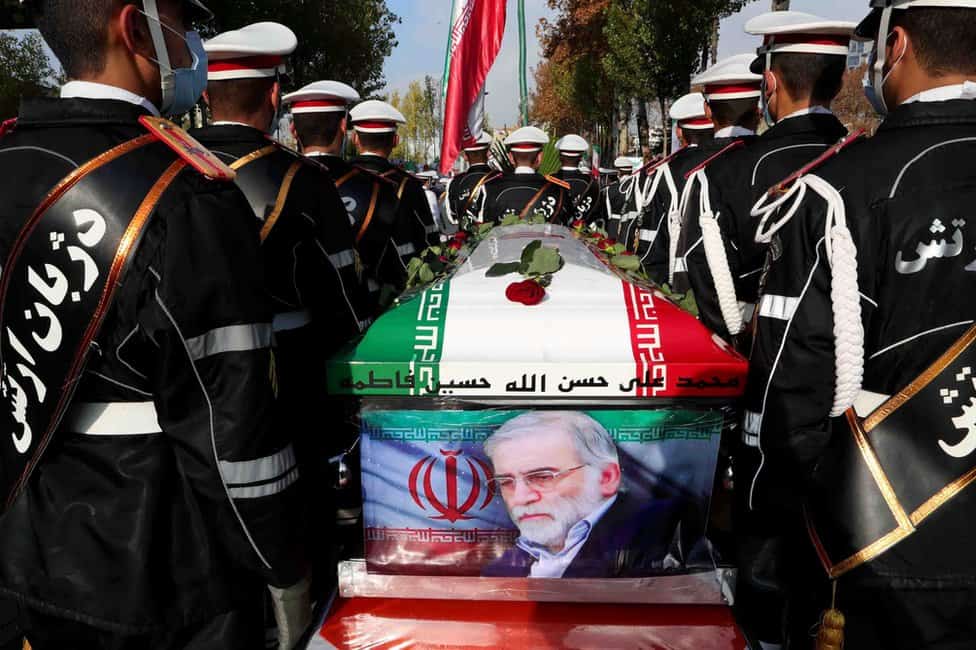
Iranian Brigadier General and scientist Mohsen Farkhrizadeh was assassinated Friday in an operation attributed to Israel’s Mossad.
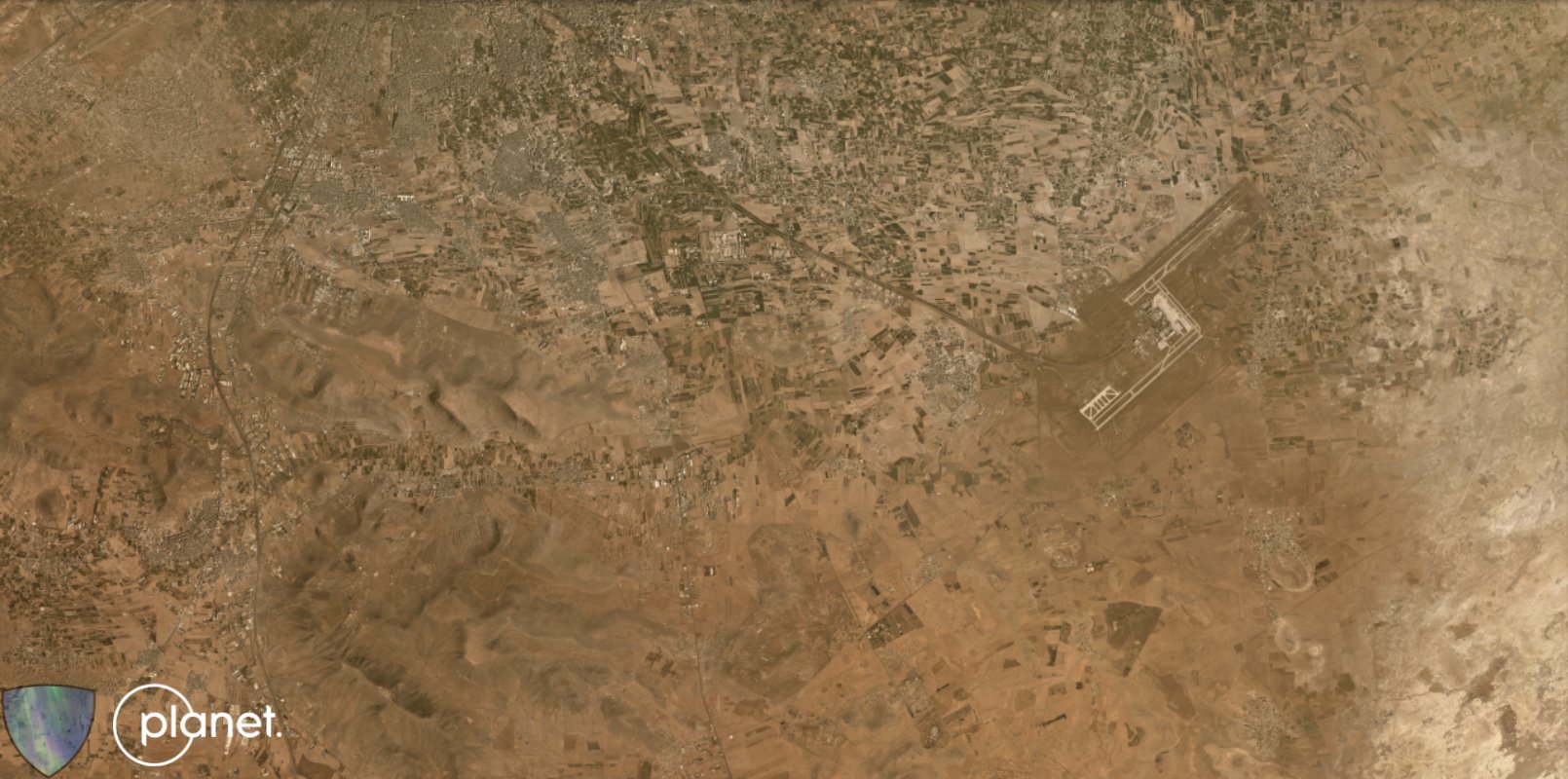
Recent airstrikes in southern Syria indicate Israel’s attempt to thwart Hezbollah activity near the Golan border.

The IDF attacked positions belonging to Iran’s IRGC Quds Force and Syrian Armed Forces after IEDs were discovered near the Alpha Line.
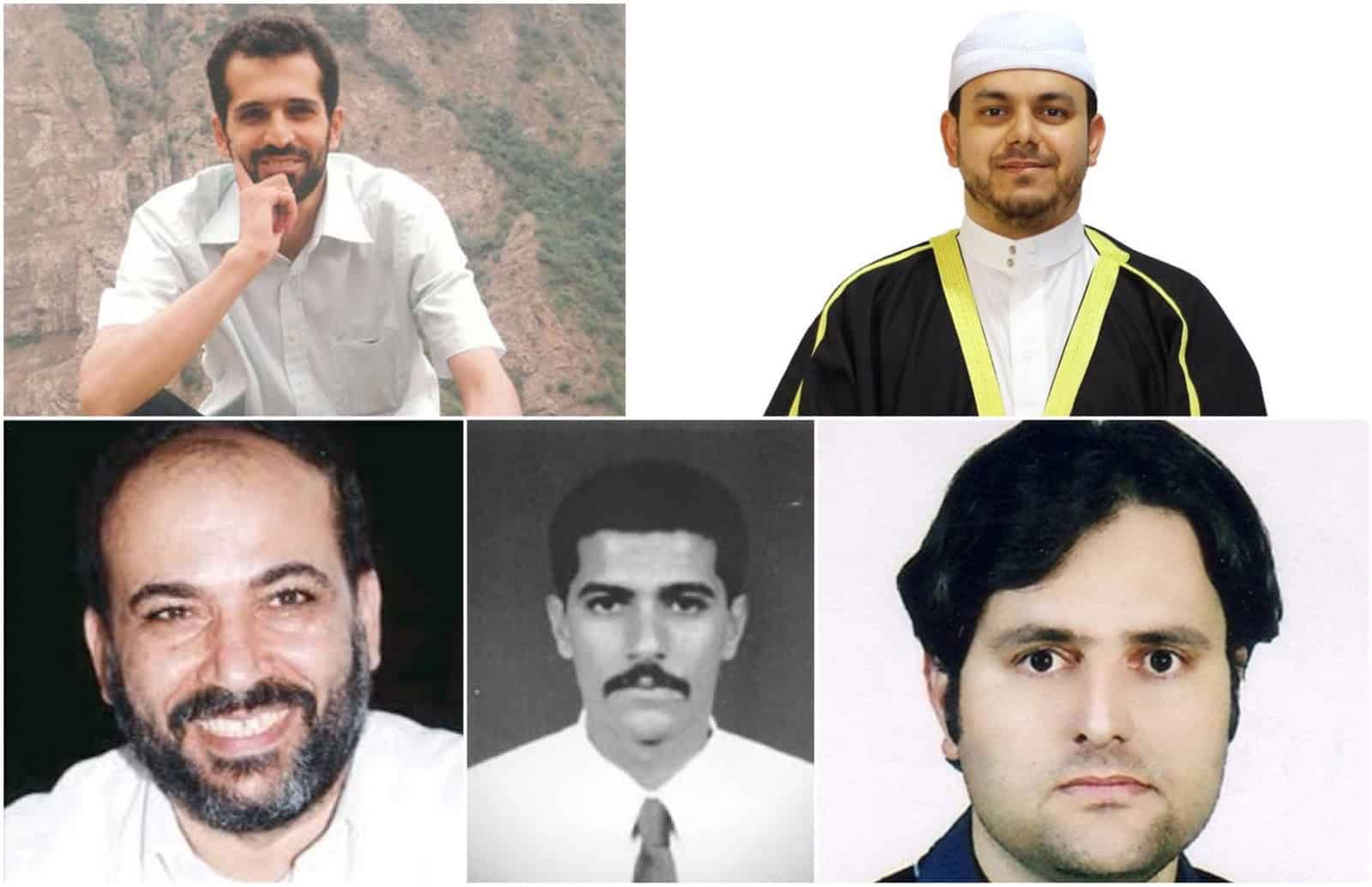
Following the killing of Al Qaeda’s Abu Muhammad al-Masri, the Mossad’s history of targeted killings comes into focus.
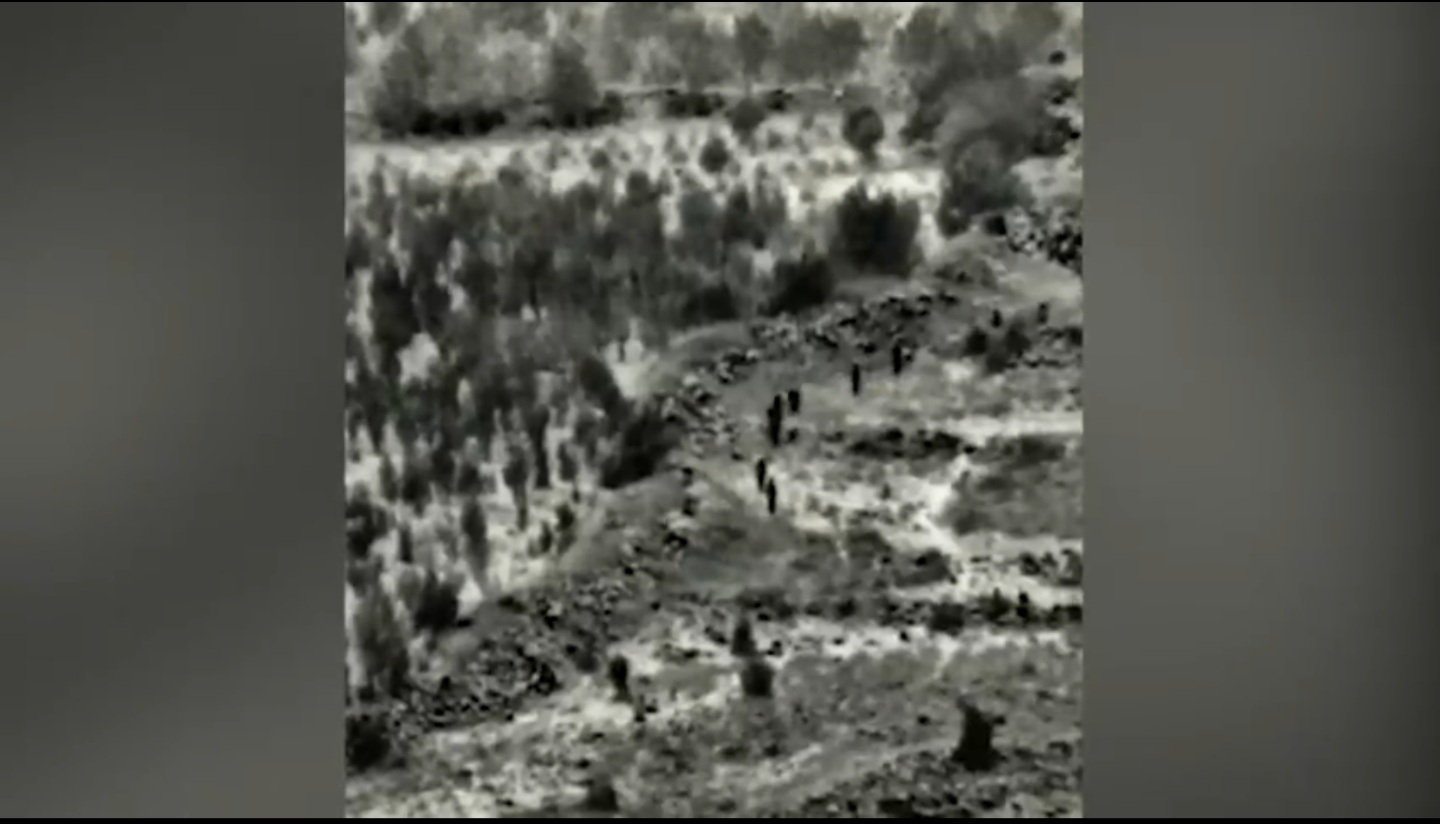
IDF military operations continue in southern Syria against Iranian military entrenchment near the Golan border.
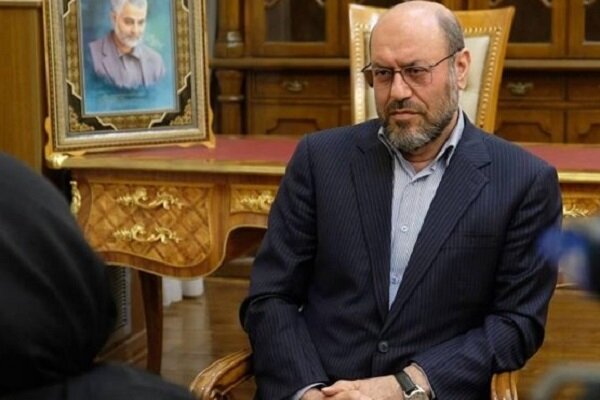
63-year-old IRGC Brigadier General Hossein Dehghan is eying the Iranian presidency. If his candidacy is approved and he is elected in 2021, Dehghan will be the Islamic Republic’s first military president, a development with significant implications for Iranian domestic politics and foreign policy.
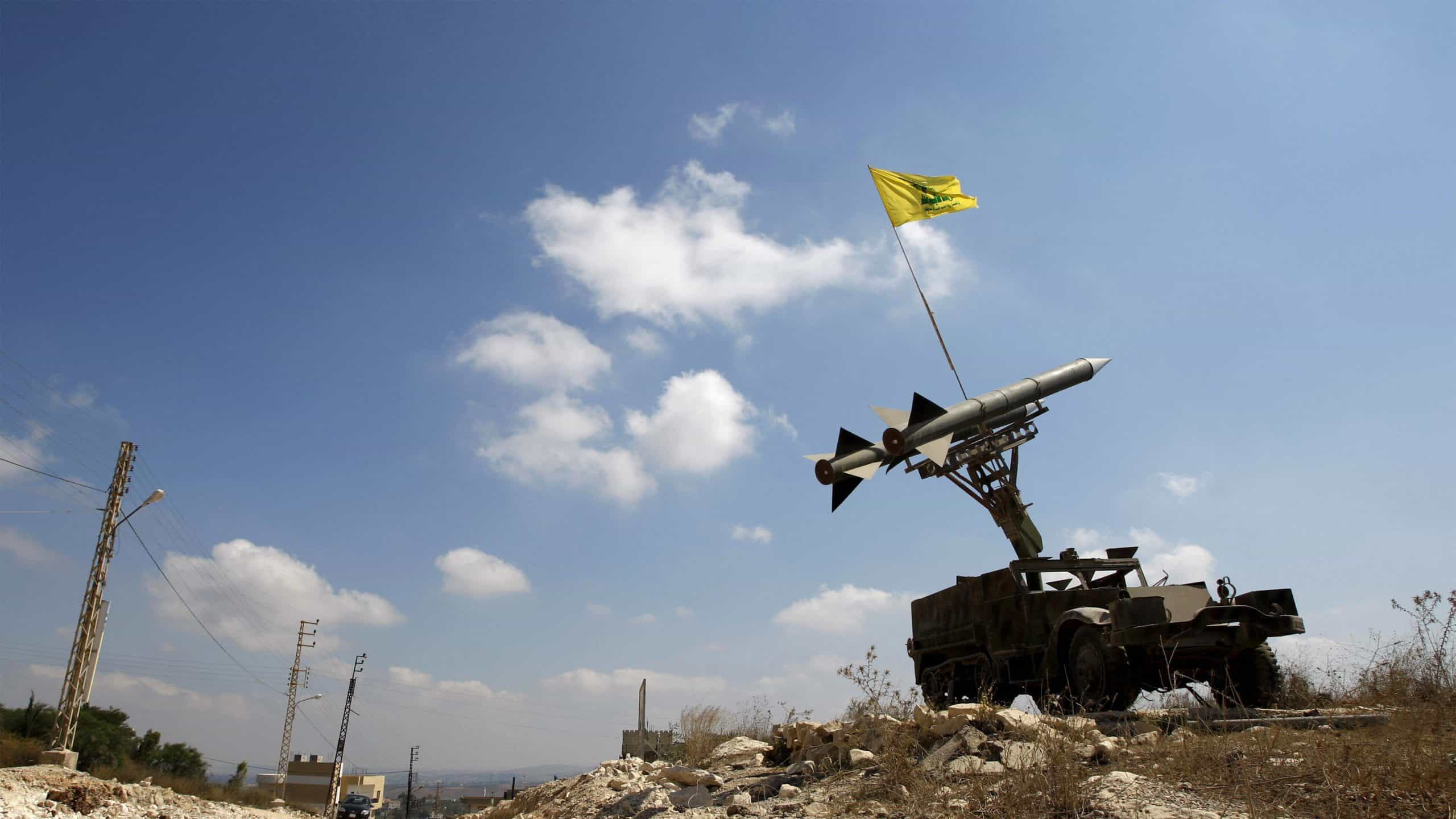
An arms depot explosion and an accusation of operating ‘missile factories’ in Beirut has renewed the focus on the Iran/Hezbollah missile project.
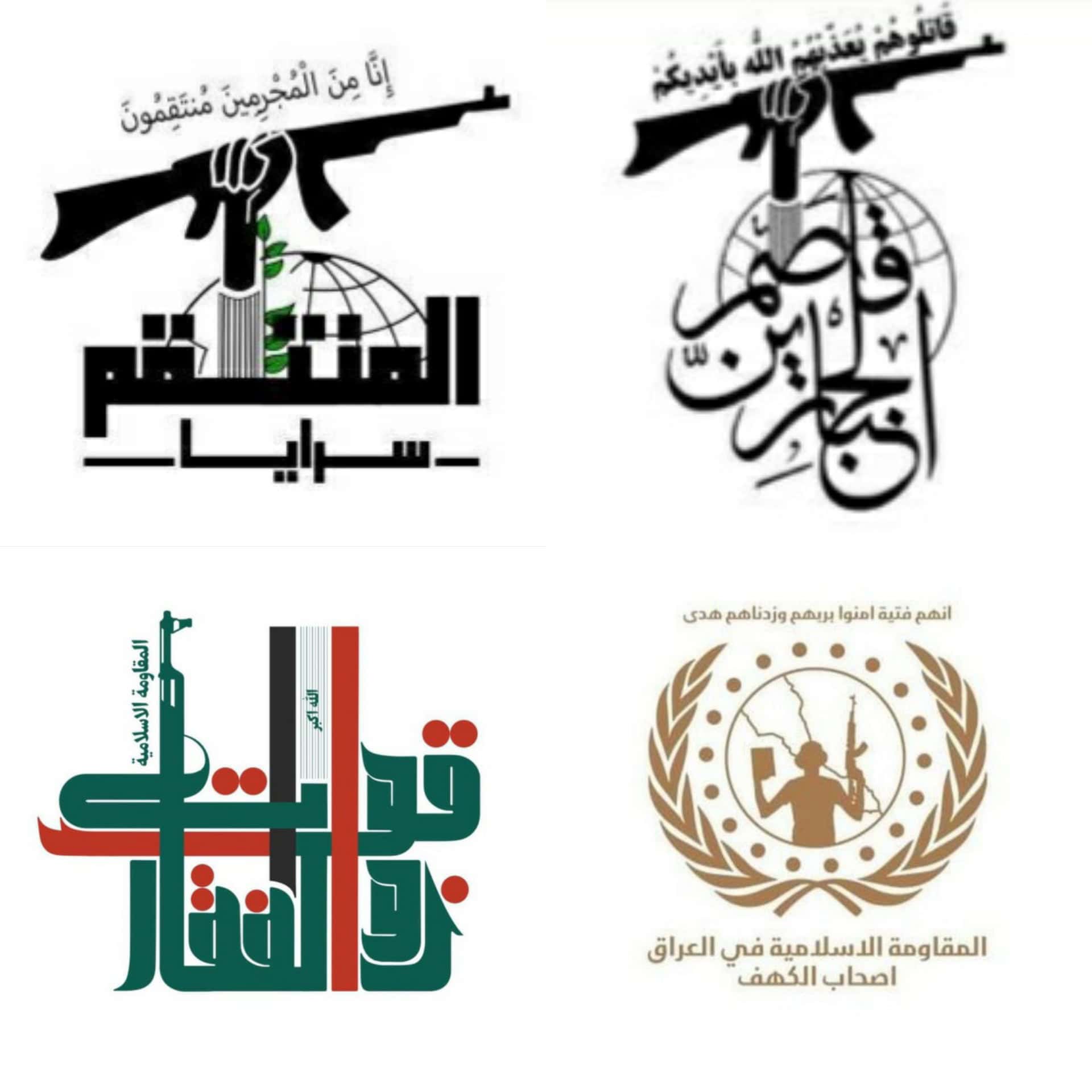
Four newly-formed front groups for Iran have claimed several recent attacks across Iraq. American officials have attempted to downplay the events.
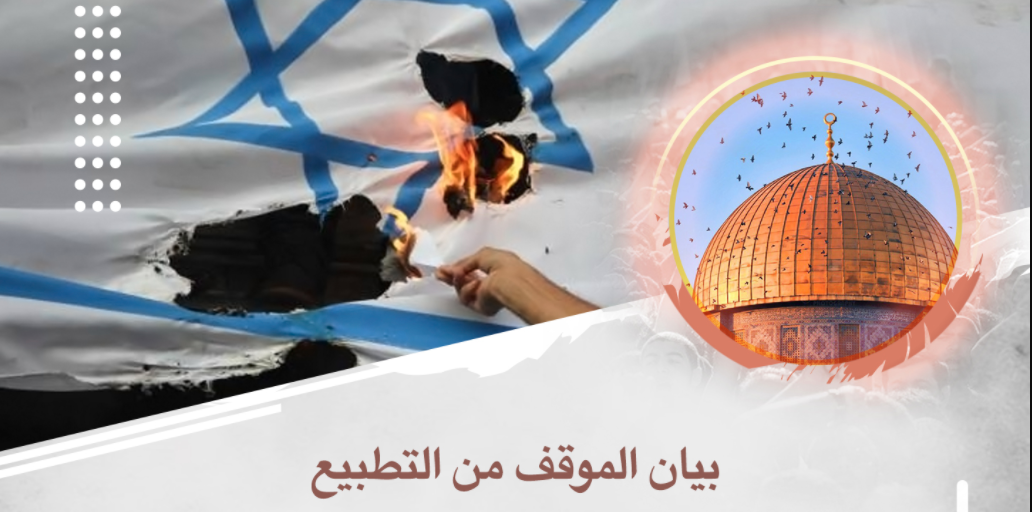
In the first official Bahraini militant statement since the announcement of a peace deal between Bahrain and Israel, Saraya Wa’ad Allah says it is opening its doors for recruitment for a new sub-unit dedicated to attacking Israelis on the island.
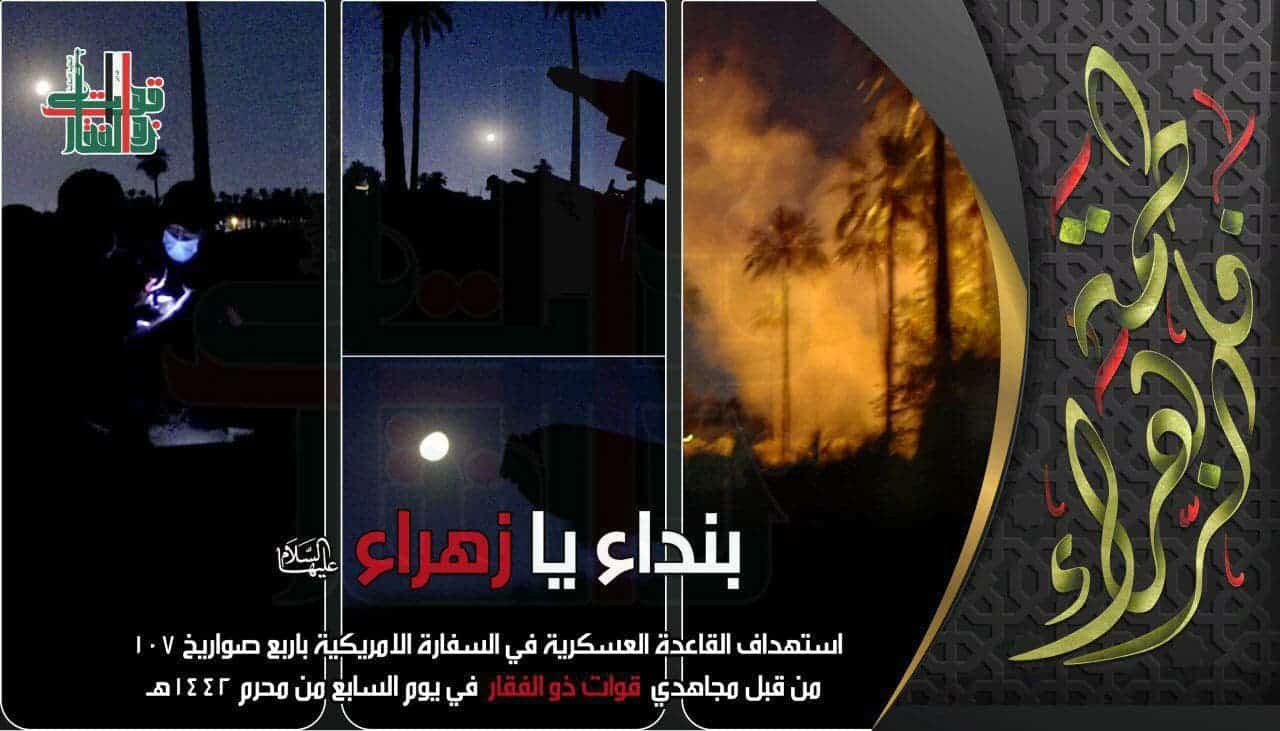
This is the first time that the Zulfiiqar Forces, a group that formed in June 2020, has claimed a physical attack on US personnel.
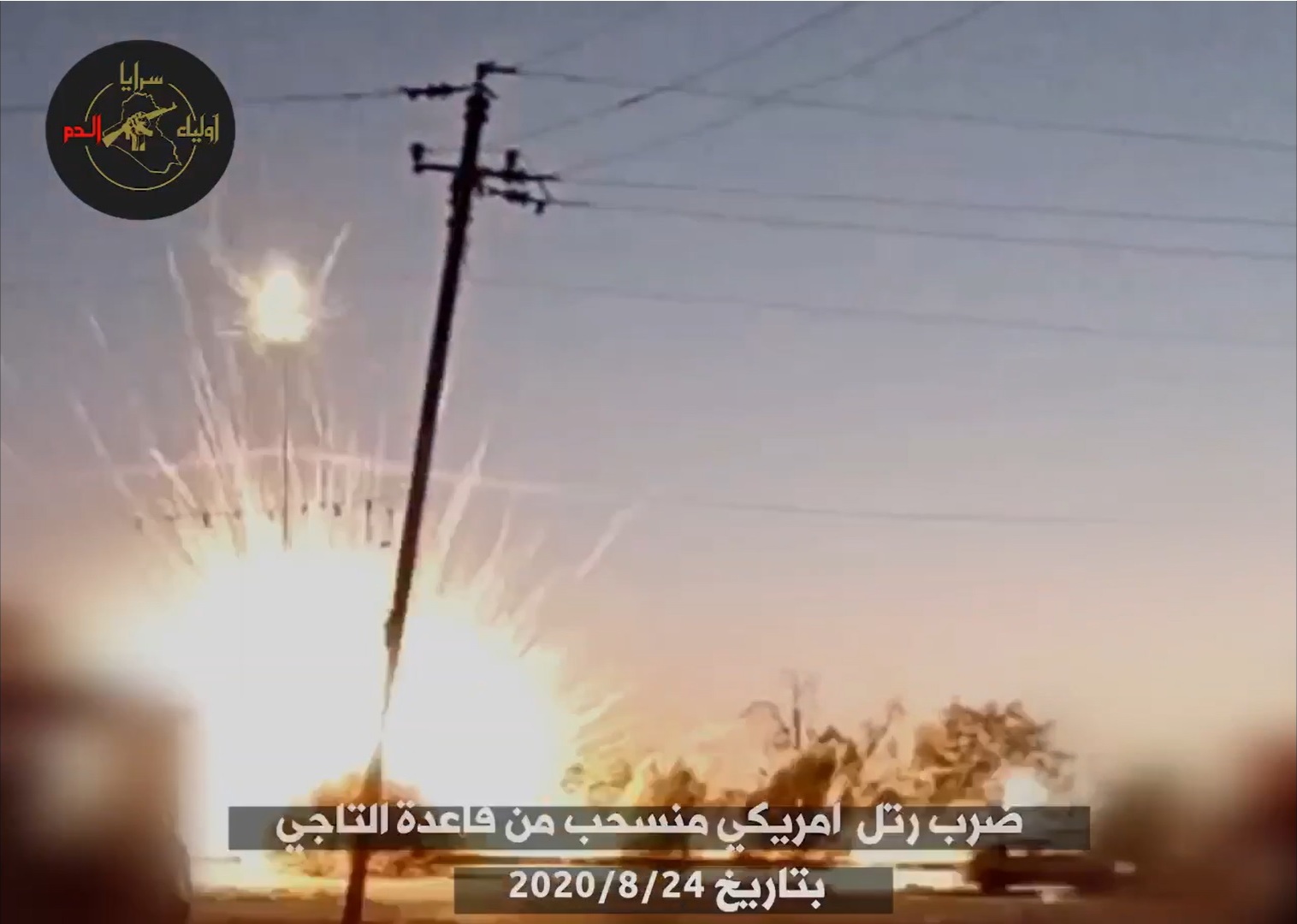
A newly formed and likely front group belonging to the Islamic Resistance in Iraq claims responsibility for recent attacks in the country
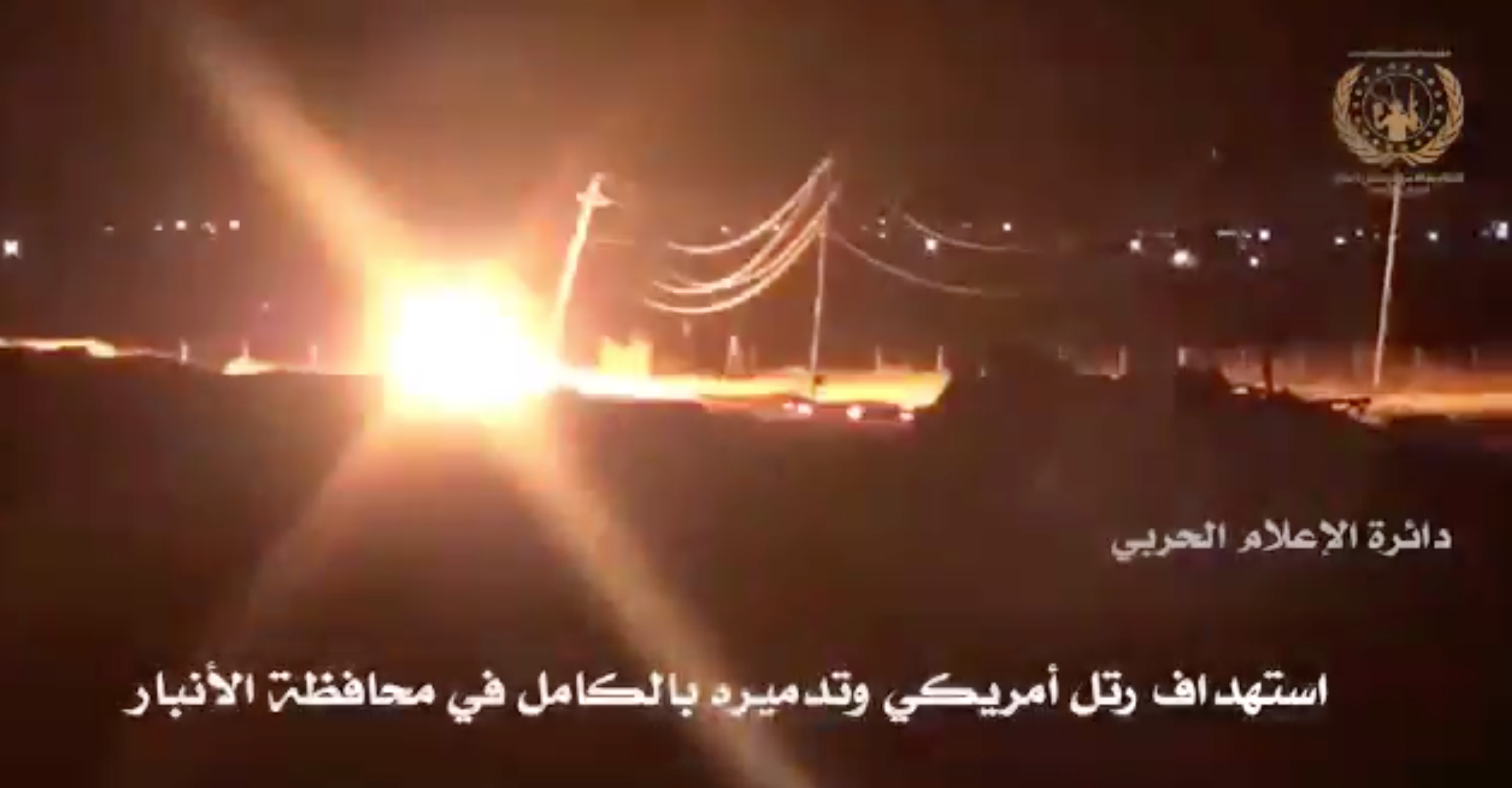
People of the Cave, a newly formed outfit, has claimed various bombings on American supply convoys across Iraq. However, it is unclear how many of these claims are accurate.
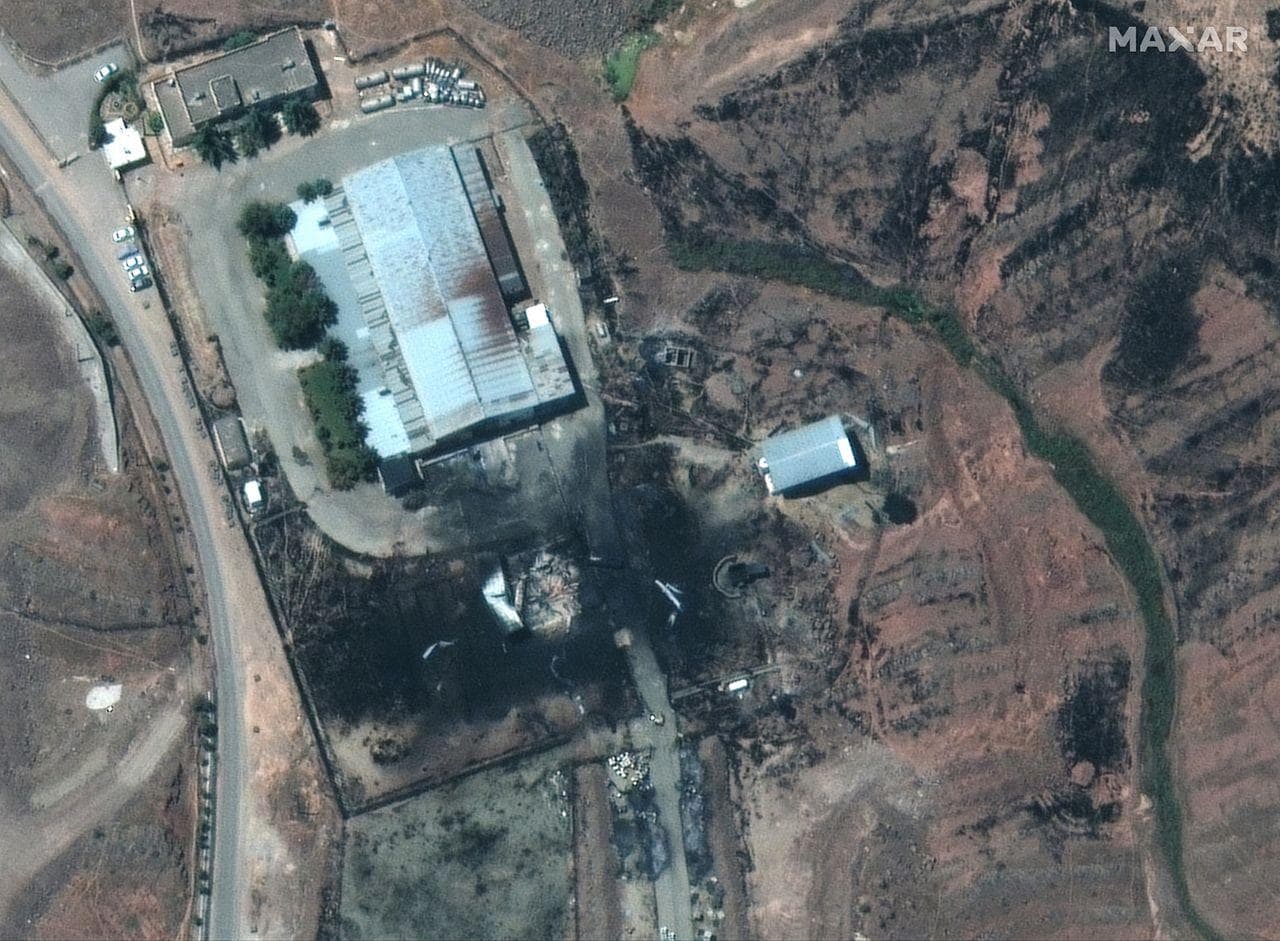
A series of explosions at a missile and nuclear facility in Iran may point toward the involvement of a state actor.
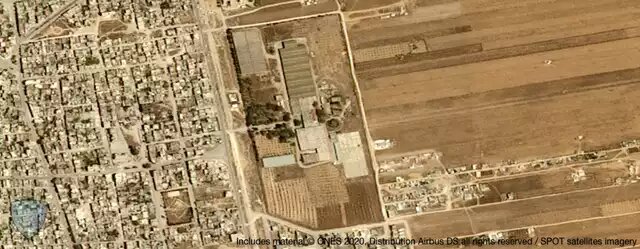
Syrian Arab Army and Iranian-backed militia sites reportedly struck by Israel during the morning hours of June 24.
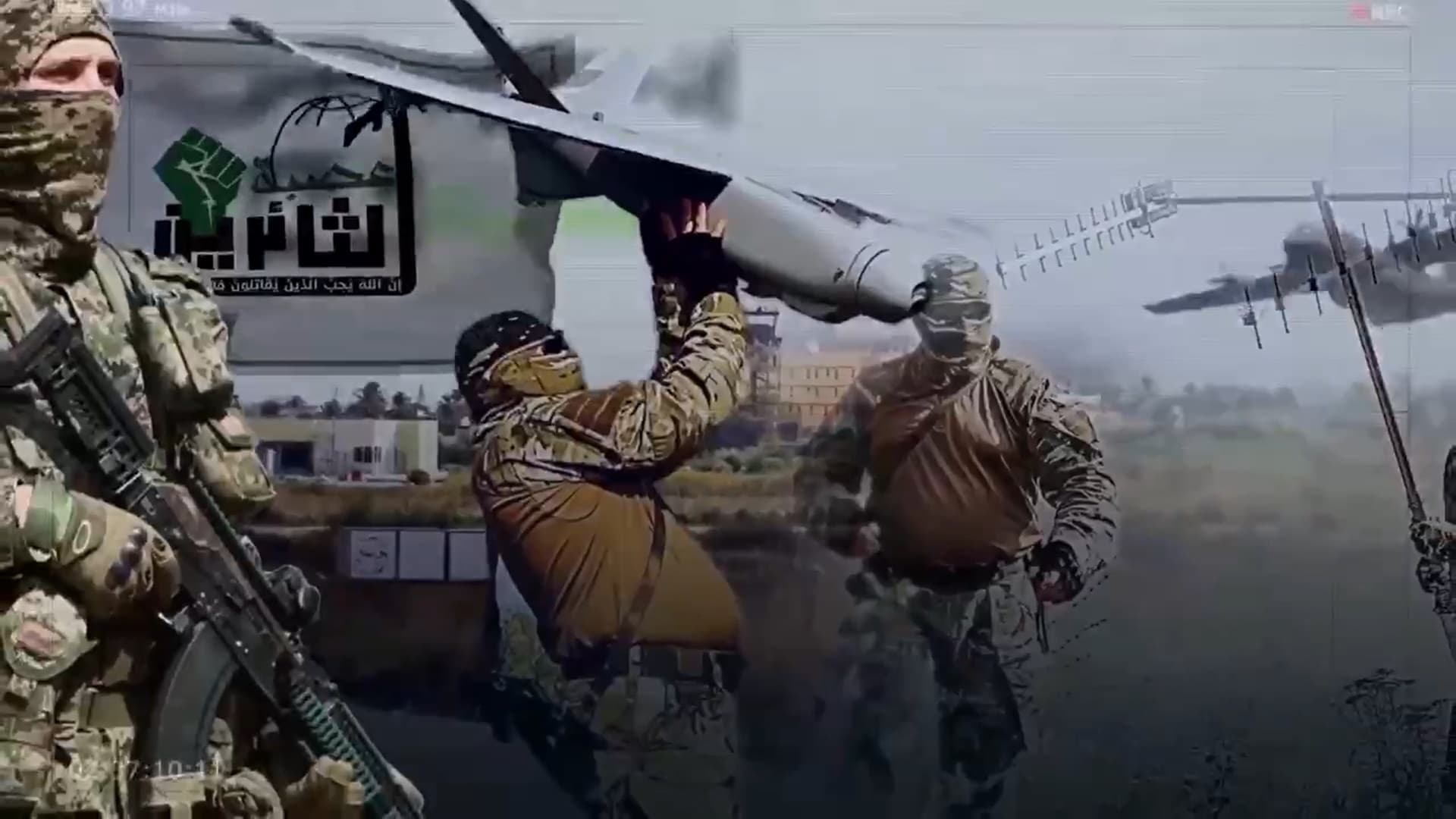
The Iranian proxy group League of the Revolutionaries has reemerged to claim further rocket barrages on US bases in Iraq.
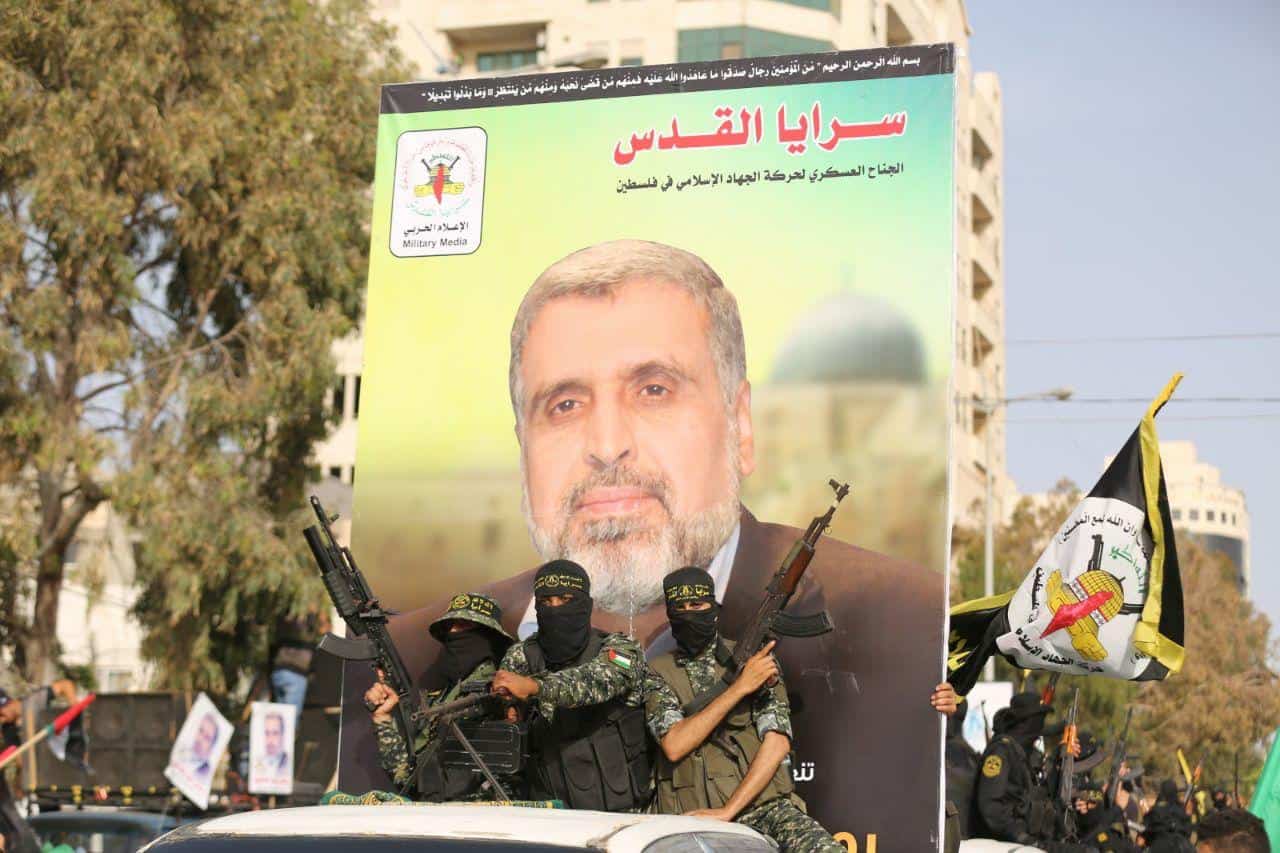
Palestinian Islamic Jihad attempts to move forward after the passing of its longest serving Secretary-General, Ramadan Shalah.
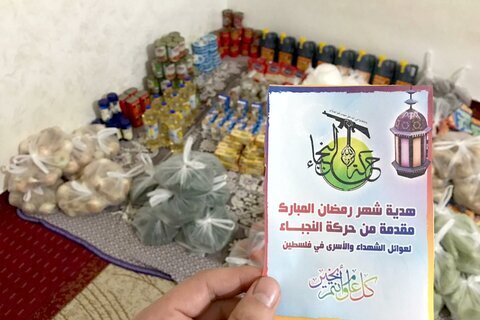
Iranian-affiliated organizations and an Iraqi Shia paramilitary group using charitable contributions to garner influence in the Gaza Strip.

Several groups have recently emerged inside Iraq that have claimed strikes against US troops. However, they all appear to be part of a calculated propaganda campaign propagated by Iran and its allies against the United States inside Iraq.
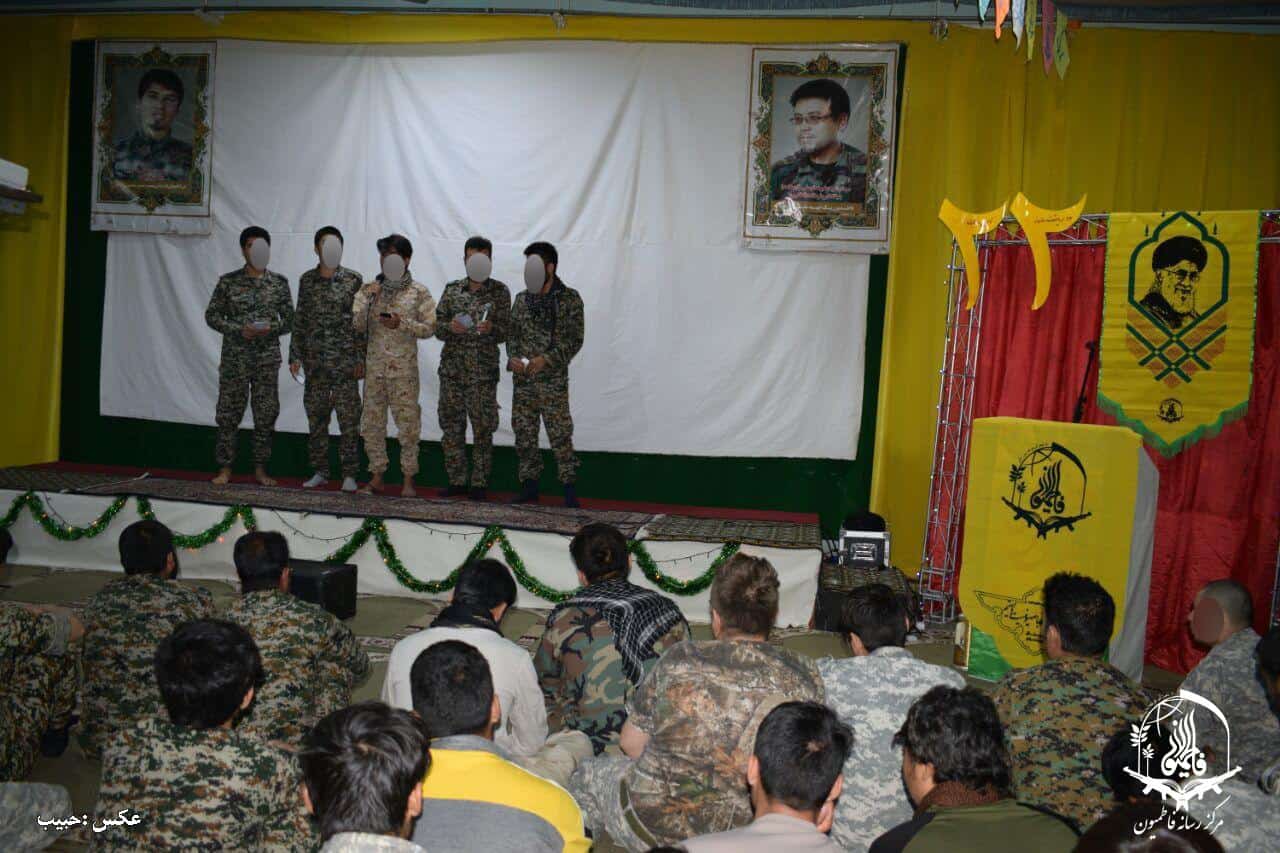
Since its founding in 2013, the Iranian-led Afghan Shia militia has been at the forefront of most major battles in the defense of the Assad regime.
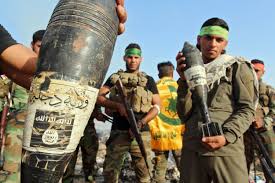
There have been at least 43 attacks using rockets and/or mortars on U.S. positions in Iraq by Iranian-backed Shiite militias. These attacks shed light on Iranian and allied-Shiite militia intentions and strategy.

Iran continues its support for its proxy militias in Syria, as the Israeli military attempts to counter it.

Hosts Bill Roggio and Tom Joscelyn discuss Hezbollah’s influence in Iraq and the State Department’s decision to offer a $10 million reward for information concerning the group’s main man in the country.
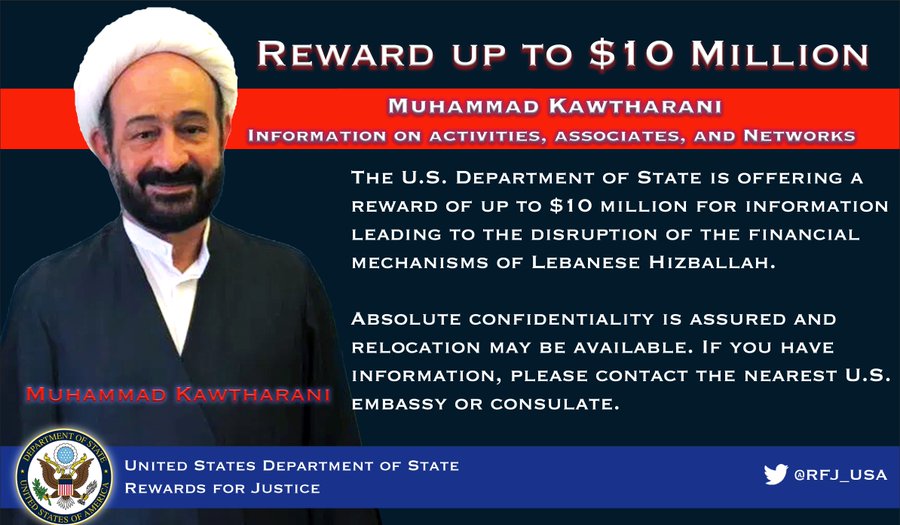
Hezbollah operates closely in Iraq alongside Iran’s Islamic Revolutionary Guards Corps to prop up and support Shia militias hostile to the U.S. and the West. Muhammad Kawtharani has played a key role in Hezbollah’s operations.
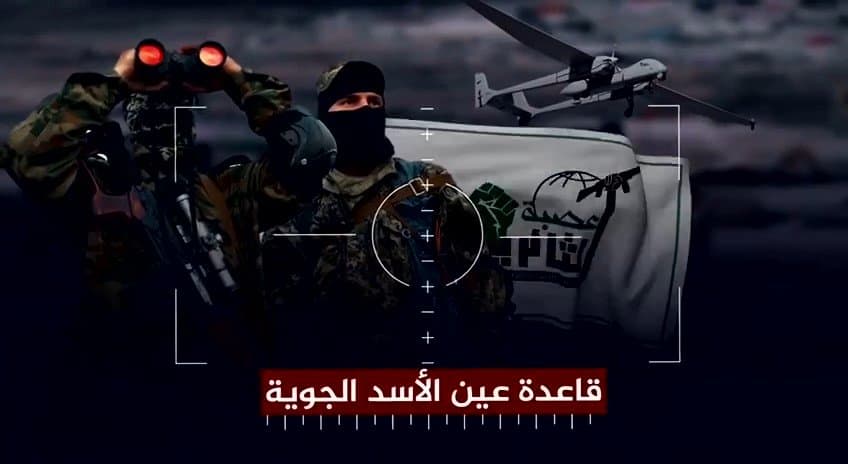
The Iranian proxy group continues its surveillance of US troops in Iraq.